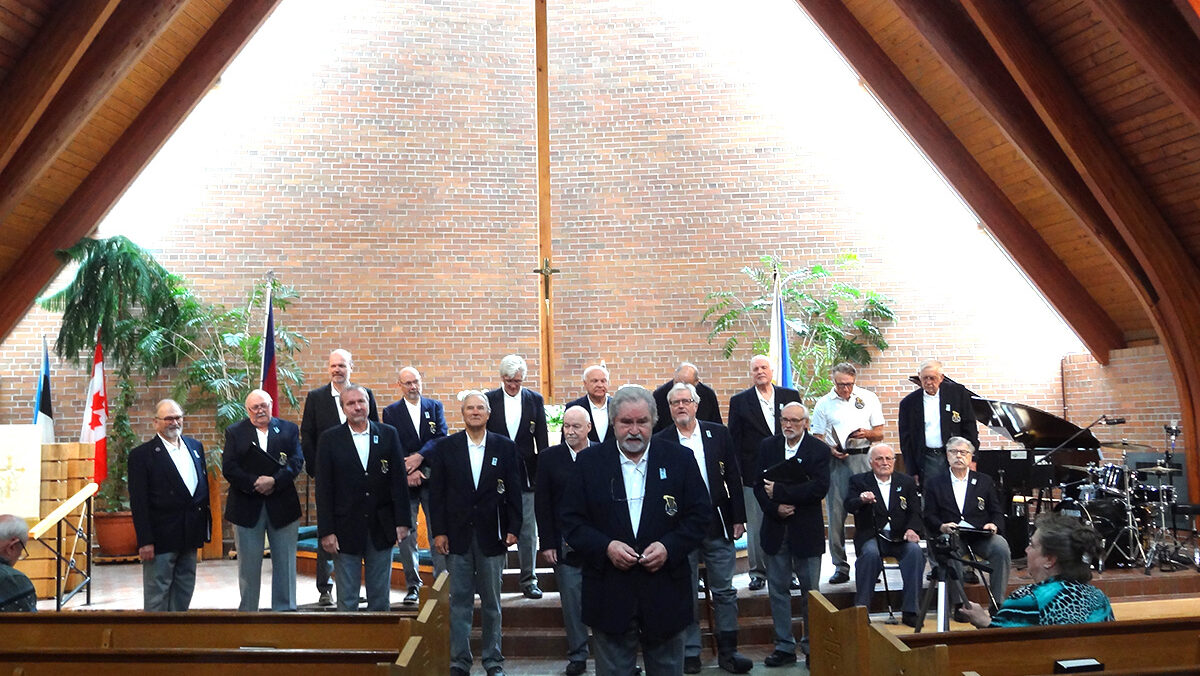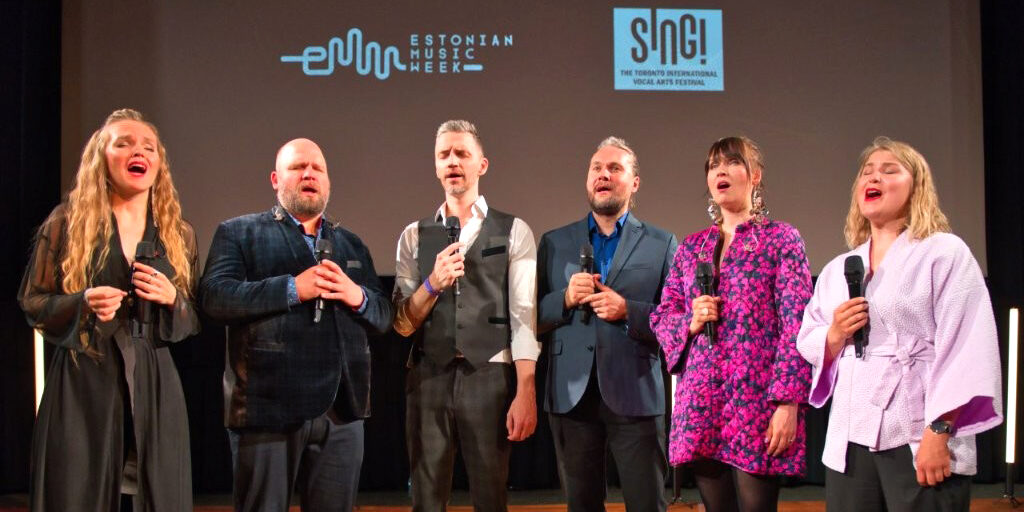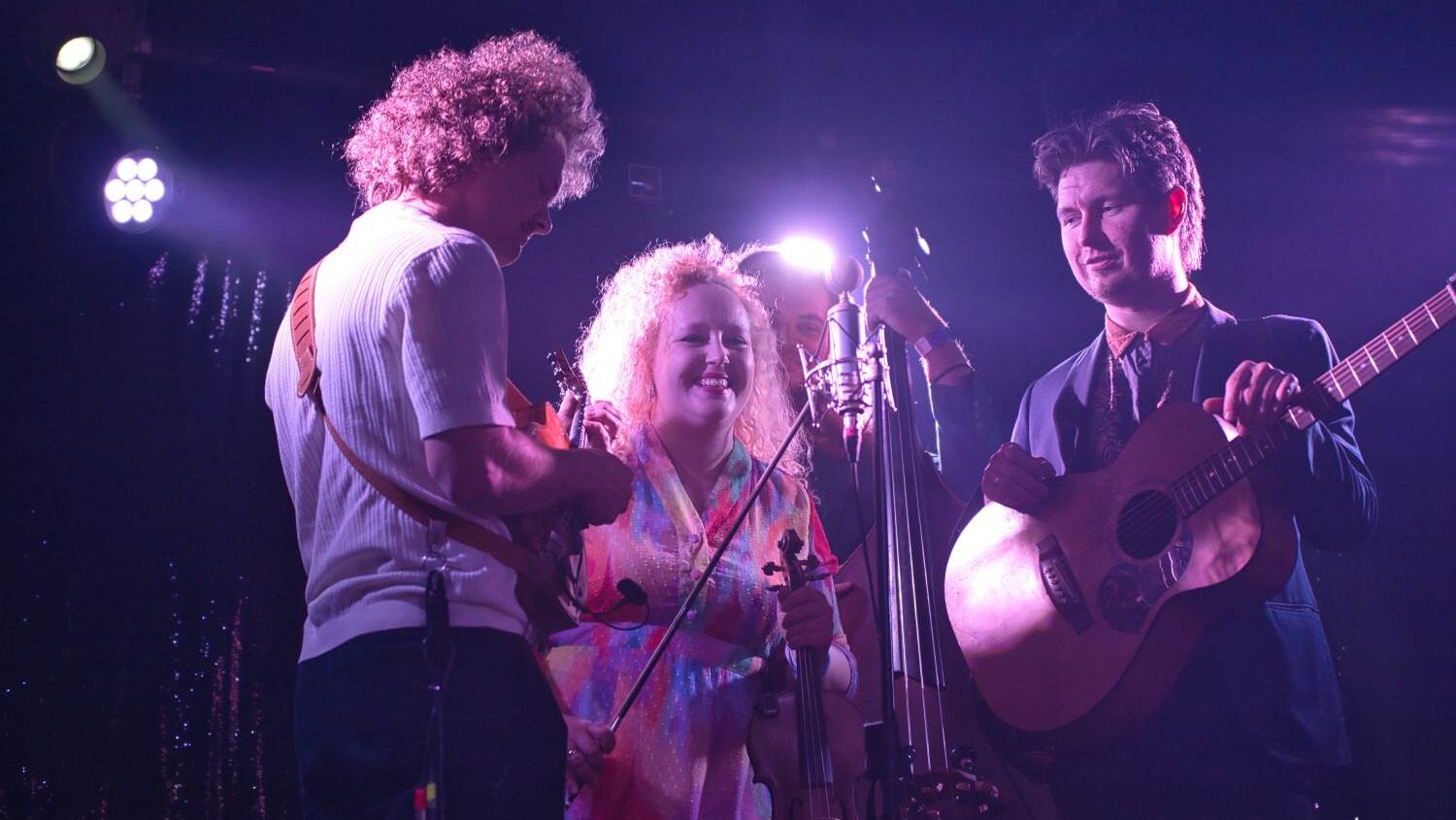It was the same neighbourhood of Toronto he left eight years prior. The same friend with whom he commenced the adventure was there by his side. The same song—Daft Punk’s “Around the World”—was playing. Except, the city had changed quite a bit. And he had finished travelling through 32 countries, not setting foot in this spot since he first departed.
On July 8th, 2023, Pukonen completed a circumnavigation of the globe, without the use of any motors, a journey which began on July 18th, 2015.
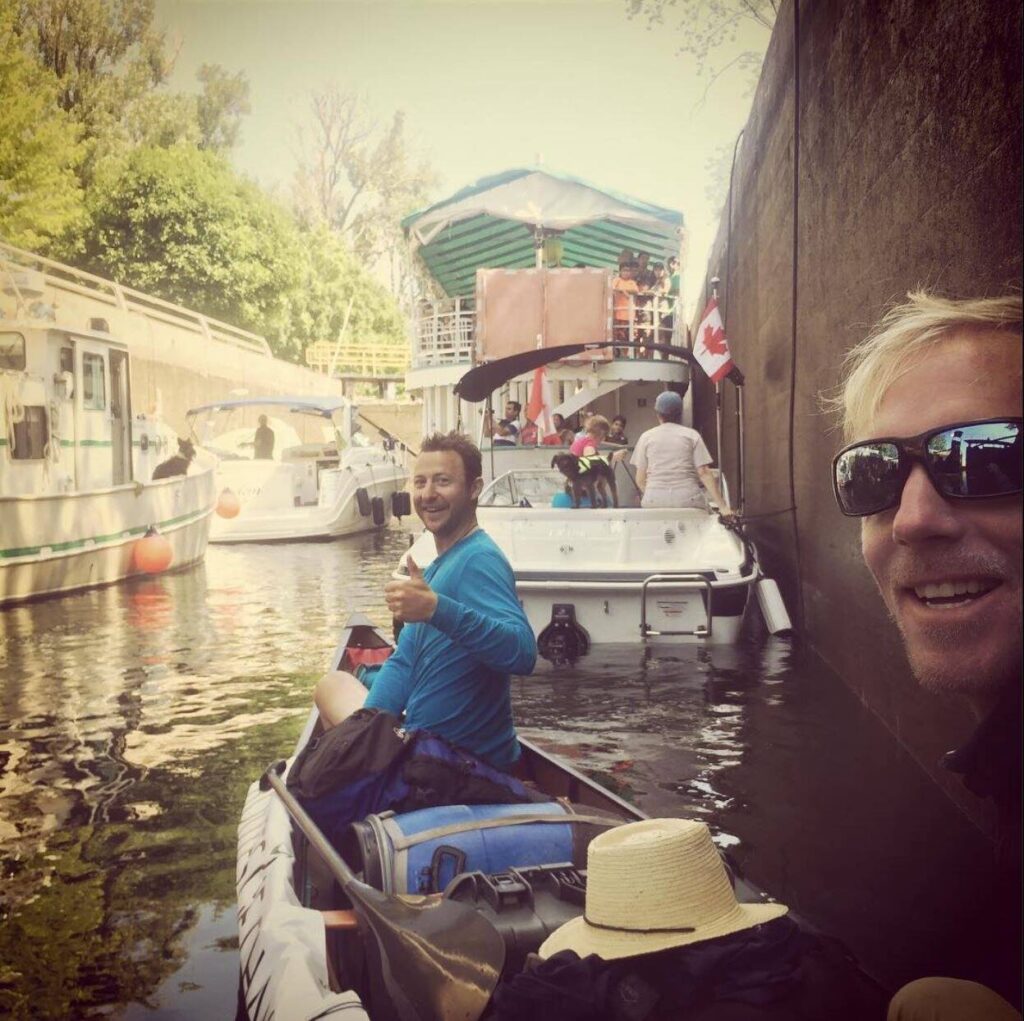
There were a few prompts for this journey. Some were more personal. Pukonen’s mother passed away from cancer when he was five years old. Then, when he was 26, his father passed away from leukemia. He had been suffering from depression and working as a forest firefighter in BC, and these losses prompted him to consider what he really yearned to do in life. He was looking for a purpose. The prospect of travelling around the world and being creative was something he wanted to do.
But he also wanted to focus on more than just himself. Through the nonprofit organization that he founded, called Routes of Change, he solidified the goal to “raise support for grassroots social and environmental organizations around the world that are helping create a healthier world for everyone. I am sharing their inspiring stories and raising support for them through my mass media attention, public following, filmmaking, and any other ways I come up with.”
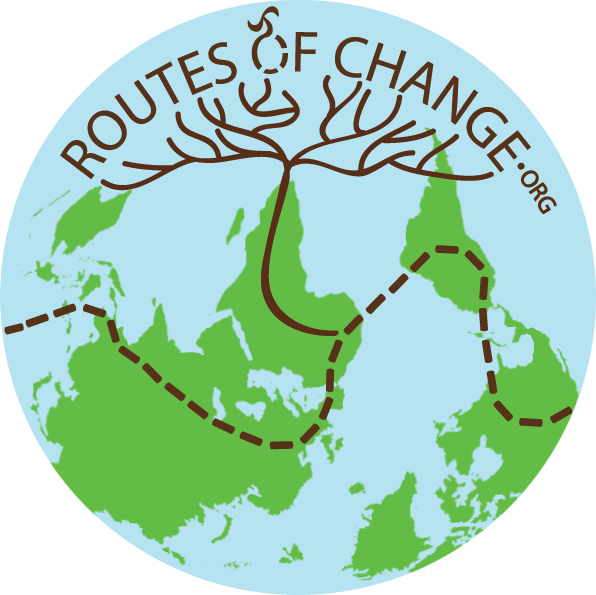
Pukonen’s route was extensive. He went up through Ontario, to Canada’s west coast, and down to San Francisco. Then he sailed to The Philippines via Hawaii, up to Hong Kong, and across to Macau. He biked through China, kayaked in Vietnam, paddled through Lao, and biked once again in Cambodia. He proceeded through Malaysia, Singapore, and Indonesia, before going back north through Thailand, Myanmar, and Nepal. When COVID-19 swept the globe, he locked down in Rishikesh, India, where The Beatles once studied under Maharishi Maesh Yogi. From the port of Kochi in the state of Kerala, he sailed through Seychelles and onto Tanzania. Then it was around the coasts of Mozambique and South Africa. Across the Atlantic he went to Brazil, French Guiana, Trinidad and Tobago, and through the Caribbean Sea. Finally, he went back up through the United States, walking the Appalachian Trail, before cycling into Canada.
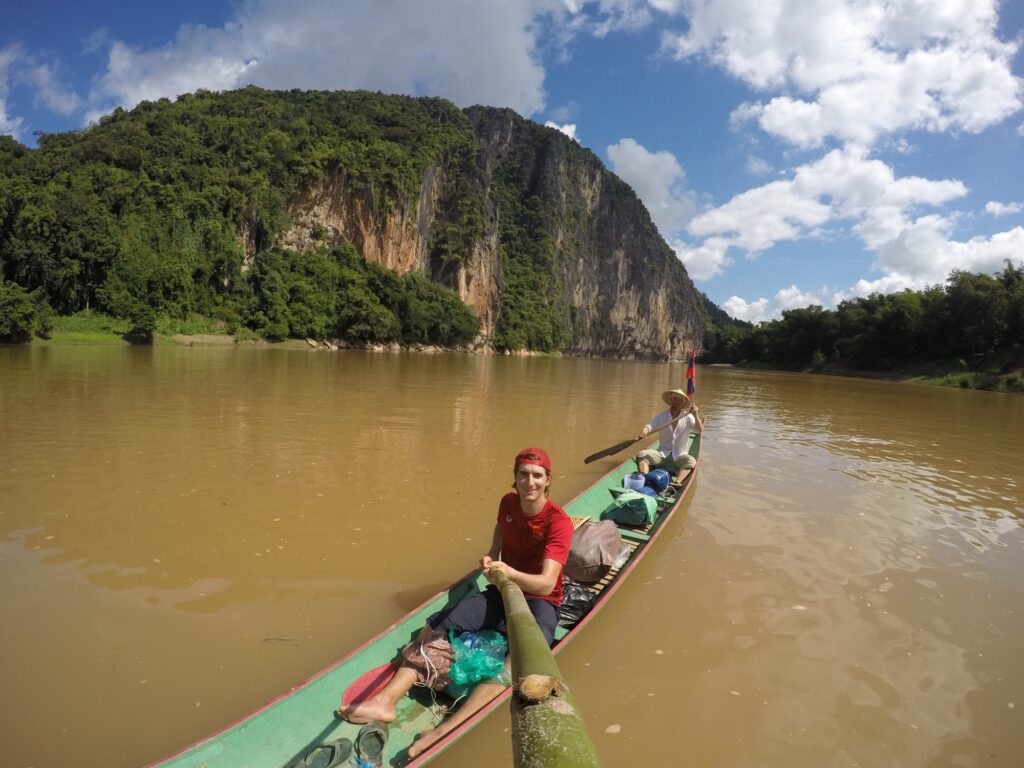
Pukonen's initial plans changed a lot throughout the years he was moving around. For instance, he intended to venture to Europe from India, but “Because of the political situations and visas, I was realizing that my route on land would be impossible to do. I began looking more seriously, instead at crossing the Indian Ocean.”
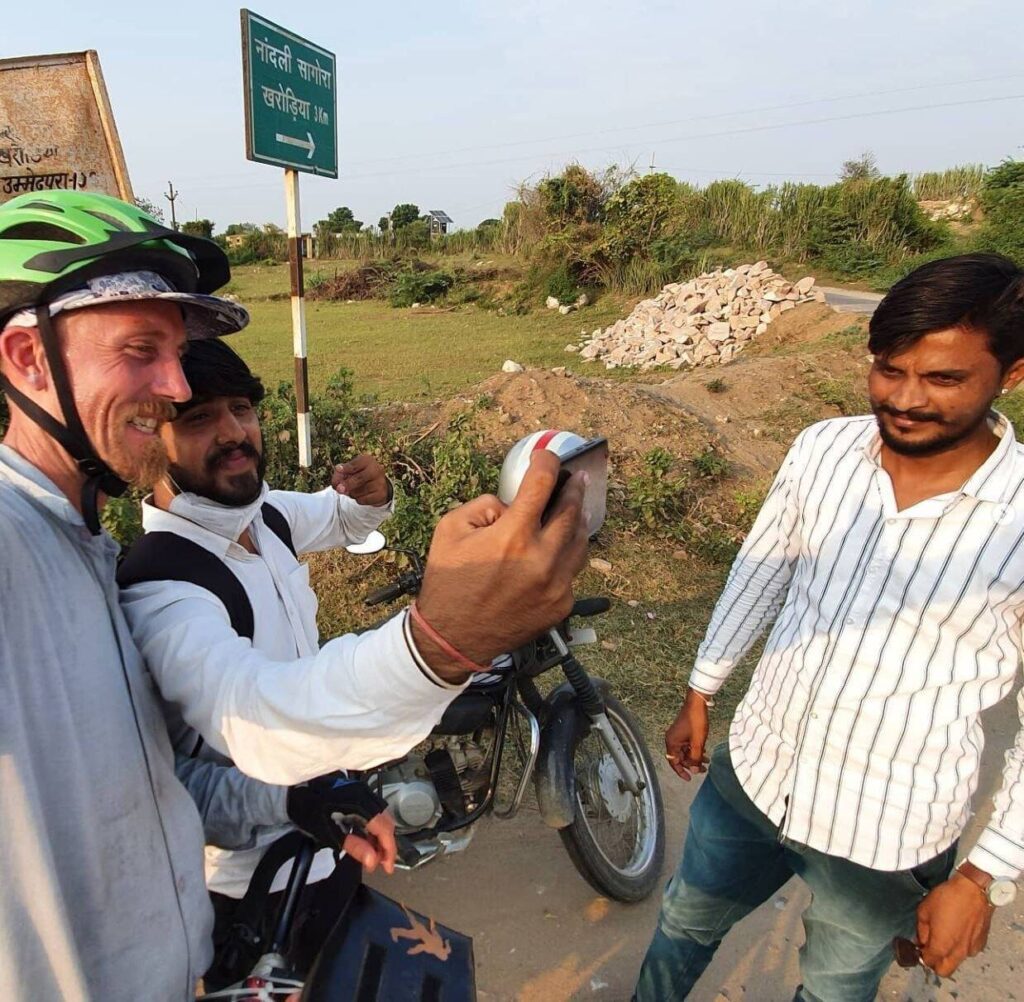
What did go according to plan, however, was being able to draw attention to and support different environmental and social causes wherever he went. Some of these include the Centre for Indigenous Environmental Resources in Canada, Blue Dragon Children's Foundation in Vietnam, and Every Living Thing, an animal rescue and rehabilitation organization in Tanzania.
The journey, and this mission by extension, has been featured by publications such as the South China Morning Post, the Seychelles Nation, Culture Trip, and Canadian Geographic.
What’s caught the attention of everyone he meets and speaks to is, as mentioned before, the fact that this travel was achieved without any motors, engines, or fossil fuels. This not only made movement slower, but was a risk at times. After crossing numerous borders, he found that, in many cases, you aren’t allowed to cross by foot or by bike. So, at one point, he had to paddle through on a river boat. This boat capsized and, as a result, he lost his bike, and almost his other gear as well.
Early on, after bouncing 10 kilometres on a pogo stick in Manitoba, he was in need of acupuncture and cupping therapy. At another point, he encountered the issue of flesh eating bacteria. And again, traversing any of the world's oceans is risky. Pukonen knew this, as he, olympic rower Adam Kreek, and two other friends had previously capsized near Puerto Rico while rowing across the Atlantic in 2013.
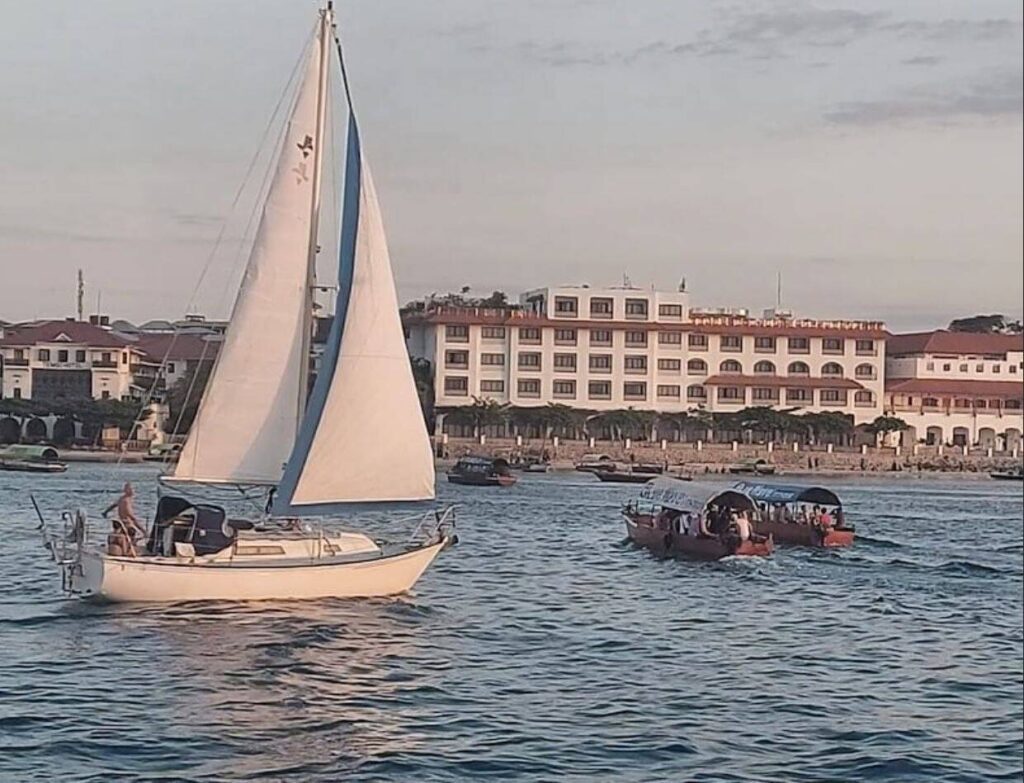
But alongside challenges, in his blogging, vlogging, and photography, he has always emphasized and communicated about the inspiring people he has met, the beauty one can observe, the crafty meals one can fix up while on the go, and all of the “regular old living” that happens in between thrilling escapades.
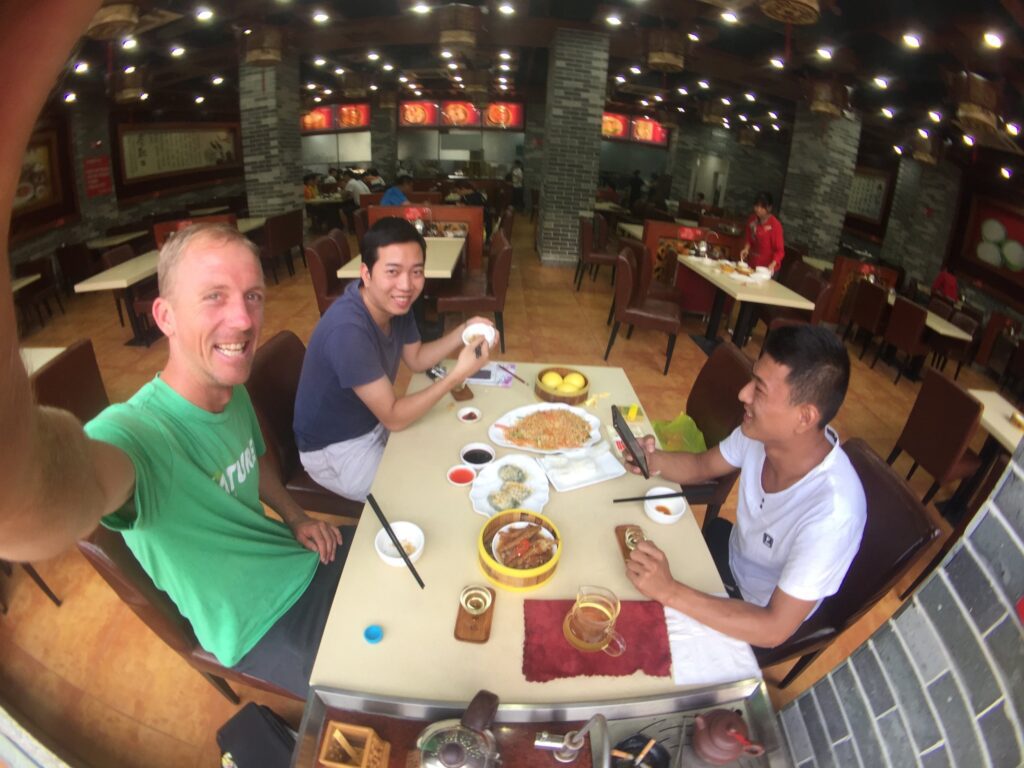
Once Markus Pukonen returns to his home in Tofino, British Columbia this fall, he’ll begin the process of making a film and writing a book about his travels. He’ll go out and do plenty of surfing, too, something he missed when he was away.
In the meantime, you can see many of Pukonen’s photos and videos, from the very beginning of the journey, at instagram.com/routesofchange. It's a remarkable document of the passing of time, as much as it is of travel.
